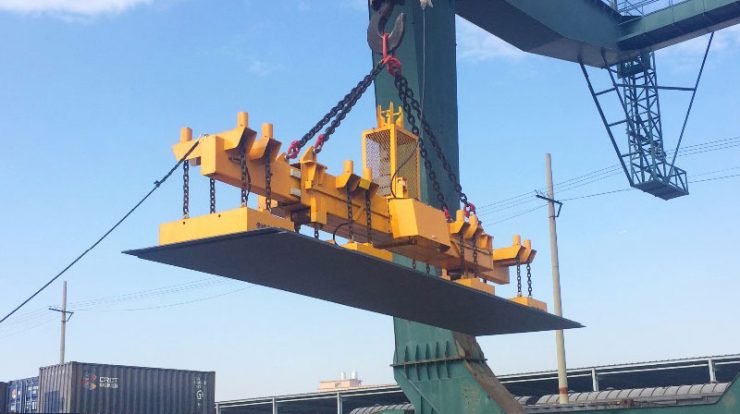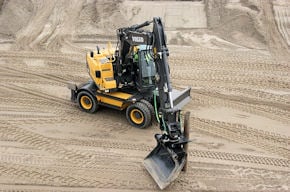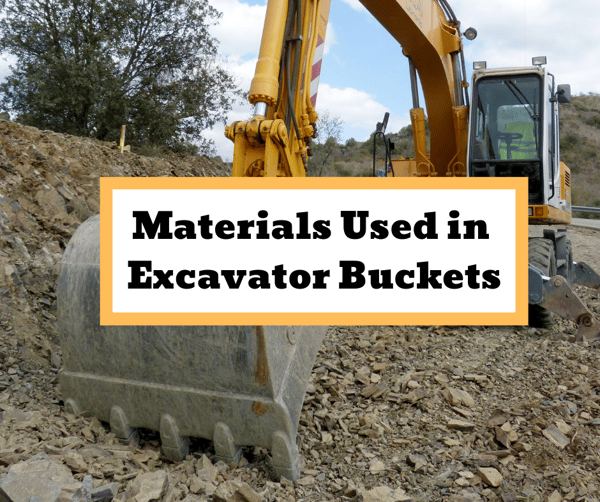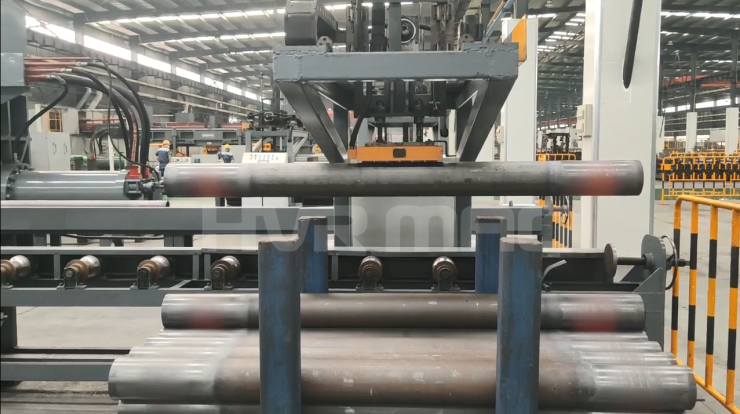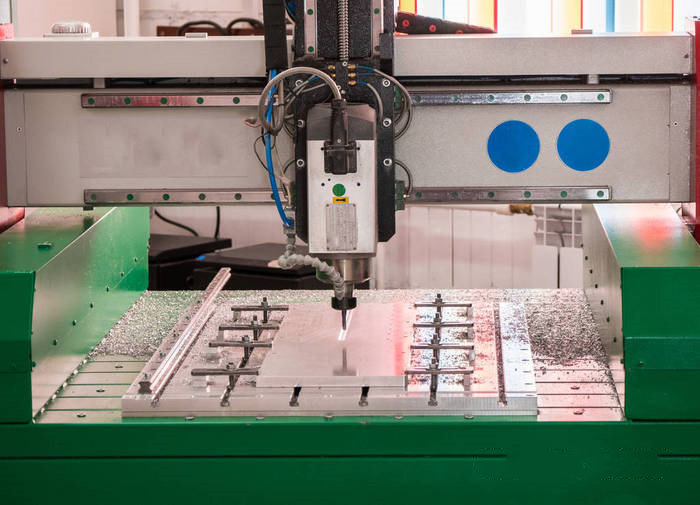The Importance of Training Your Machine Operator | Forklift in Construction
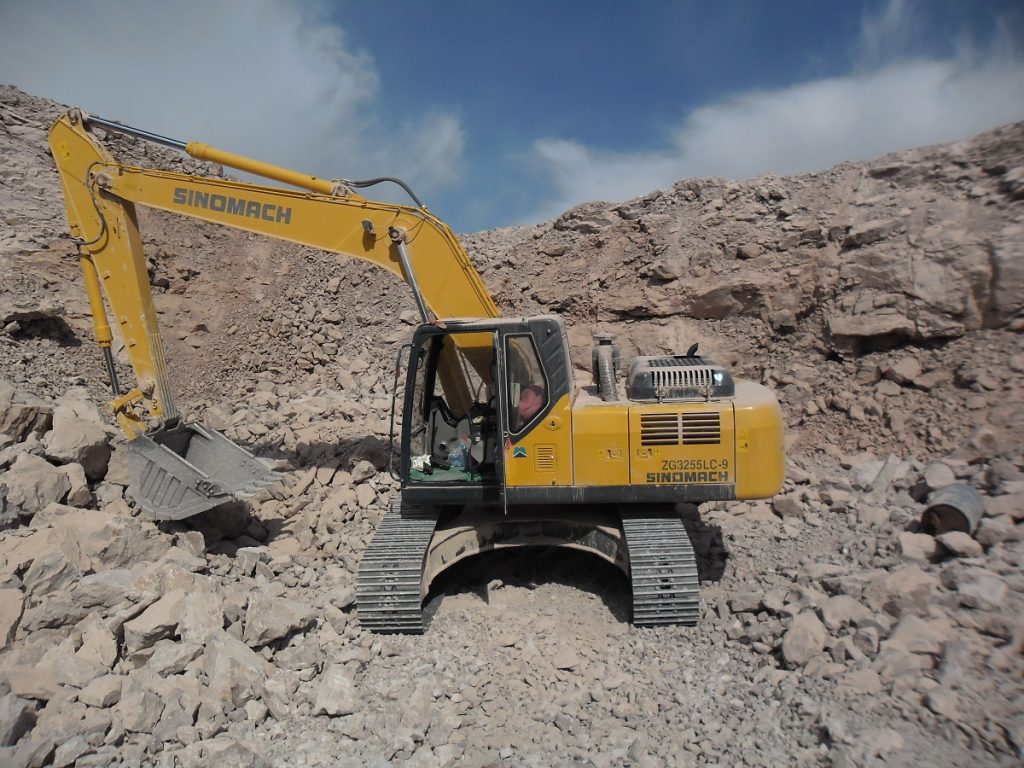
What are the benefits of training your machine operator?
- Ensure safety
- Maximize production
- Prevent shutdowns
- Comply with regulations
Manufacturing industries rely heavily on machines and other heavy equipment in their daily operations. Not knowing the basics of proper heavy equipment use can lead to many disastrous outcomes for a manufacturing company or a construction company which greatly depends on these machines for the bulk of their operations. The simple guide below provides a short list of some of the benefits of trained machine operation.
Ensure safety
Machines don’t operate themselves unless of course, they’re automated. Just some of the machines involved in construction include bulldozers, excavators, or pavers. Operating these machines can be a difficult undertaking, especially if the person behind the wheel is not equipped with the proper training and skills to maneuver them.
Assigning someone without the proper skills and training to handle a particular machine will inevitably lead to undesirable situations. Perhaps, the most obvious one, being that the task won’t be satisfactorily accomplished, thereby forcing the company to make changes in their scheduling and deadlines. The other thing which might happen is that the worker steering the equipment might injure themselves, or the people around them.
If you own a construction company, it would be to your advantage to provide your workers with the skills training and certification to operate heavy equipment in order for you to avoid workplace accidents. This move not only salvages your operations, but it also saves lives in your workforce. It should be in the interest of every heavy industry to completely avoid workplace incidents, or to minimize instances of these occurring, at the very least.
Maximize Production
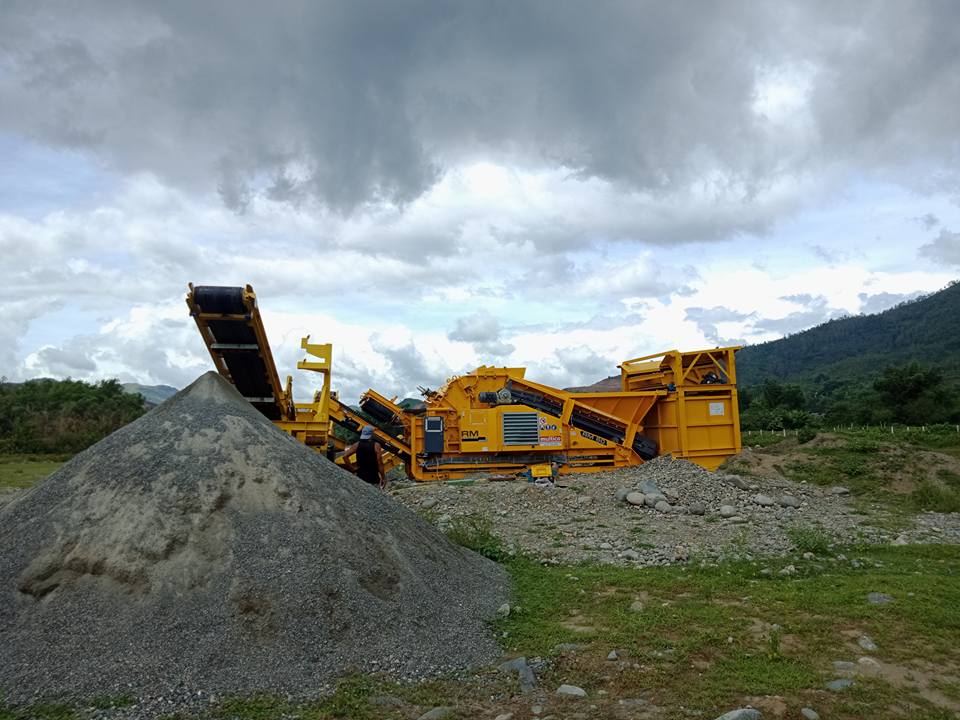
The goal of every manufacturing company is to meet its production goals and targets. This is made possible by a combination of complex, intermingling processes that may begin from a client request, the machines, down to the pool of manual labor which carries the burden of producing and delivering the service. A sensible decision that a company should make, is to hire highly-qualified individuals to operate large machines that are essential to their operations.
In a warehouse setting, the forklift is the most commonly-used heavy machine. This specialized vehicle is used to transport hefty loads, or objects from one point to another, without considerable effort. If, in the event that your company has not hired a knowledgeable operator to steer the forklift, this could lead to many potential setbacks for your company, like damaged goods, or a decrease in the efficiency of transporting the goods.
Such situations can be avoided if the worker has received sufficient heavy equipment training to operate the forklift. With the proper training, they would become more efficient in the work they do. They would help in maximizing the company’s resources, by meeting, or going beyond their daily production targets.
Prevent shutdowns
A plant shutdown or a halt in operations are just some of the fears that a manufacturing, or a building company actively tries to avoid in their day-to-day operations. The most obvious reason for this is that they want to prevent a loss in production because this means they were not able to maximize their resources for the given day.
Several reasons may contribute to a company closing down their operations – whether it be because of a security situation, or an emergency situation unfolding in their site. While these external reasons are unavoidable and completely out of the company’s hands, they do have control over some internal factors which might potentially cause a shut down in their operations.
These internal factors may include broken equipment or a structural workplace incident caused by a lack of proper training on handling large machines. An example would be that of a bulldozer operator who inadvertently crashes the vehicle. Because their company did not equip them with the proper training, he might not be fully aware of the correct manner of steering the vehicle in uneven terrain.
You should never underestimate the importance of providing your workers with the appropriate heavy equipment training before allowing them to engage in such risky operations.
Comply with regulations
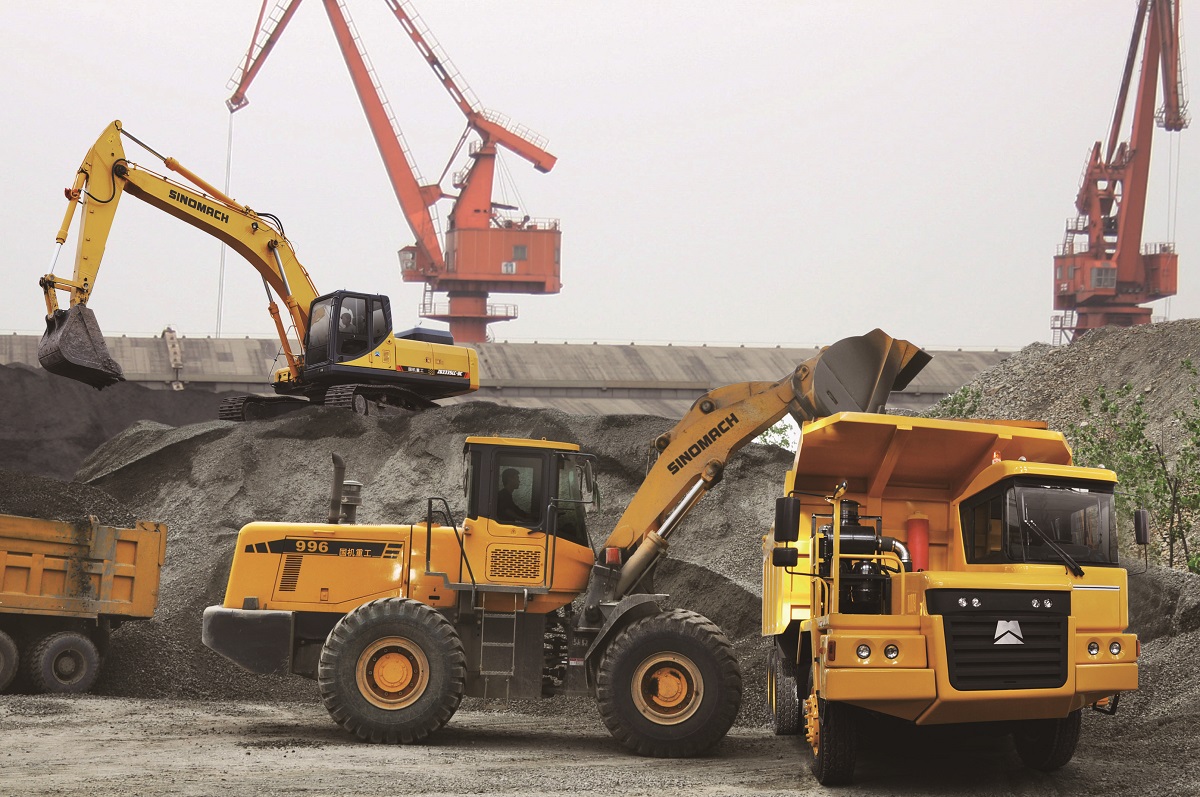
If it were not obvious in the first place industrial and construction plants have a set of regulations that they have to comply with before they begin embarking on a project. Without these regulations, the company involved might find themselves embroiled in potential legal settlements. They may also become subject to possible fines if an unwanted accident occurs.
As such, providing workers with proper heavy equipment training is part of the regulations companies would have to comply with. From a legal standpoint, these regulations exist to protect workers. These government-directed regulations also determine the proper avenues of remediation and reparation in the event of an accident.
It’s important for these companies not to cut corners in the way they conduct their business. While it may be cumbersome in the beginning – because such a practice expends a significant amount of resources -, providing sufficient and ample machine operation training to workers would ultimately have a positive domino effect on all levels of operations.
Key Takeaway
Providing your workers with sufficient training on proper heavy equipment use is paramount in maximizing your company’s production. The presence of highly-trained workers operating complex machines would reap greater benefits, as well as, prevent instances of undesirable incidents from occurring. While resource-intensive in the beginning, the potential advantages of this practice far outweigh the initial cost.

